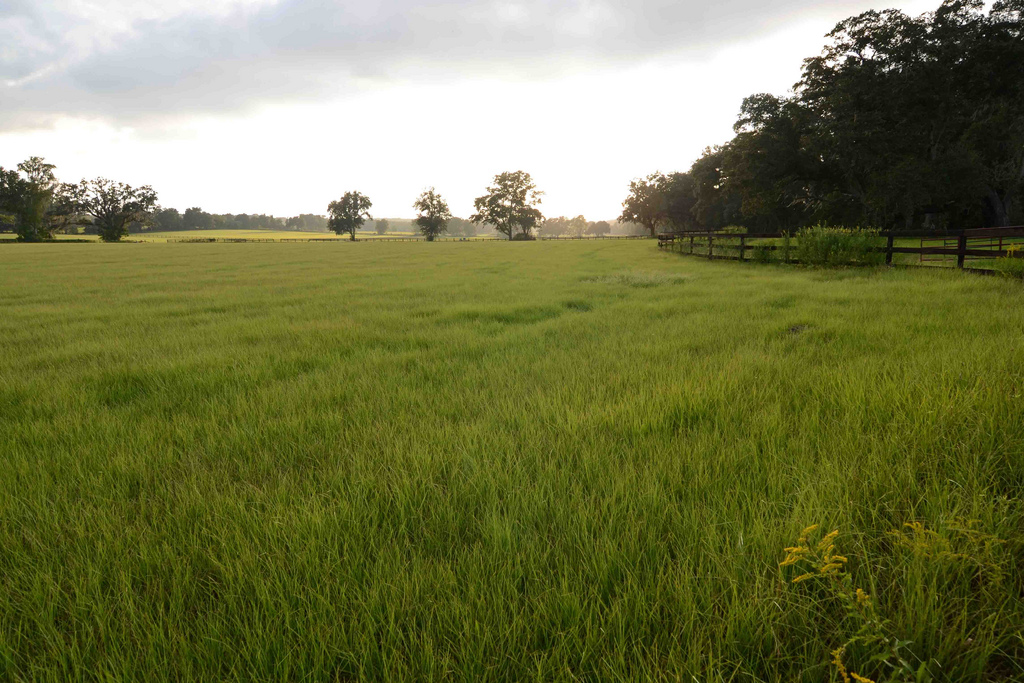“I began with a desire to speak with the dead,” wrote Stephen Greenblatt at the beginning of his 1988 book Shakespearean Negotiations.
I was awake this morning at 6:30. Crack of dawn on a Saturday. I have a lot to do today.
I dreamed of the dead last night and woke up blogging. My uncle Carl died of cancer about six years ago. Last night he was so glad to see me, and we talked about buying a van.
So much to say, today.
This past summer, in a Guardian Review article by Neil MacGregor, the director of the British Museum, I was struck by this memorable quote:
The terrible reductive conflicts that herd people under falsely unifying rubrics like America, the West, or Islam, and invent collective identities for large numbers of individuals who are actually quite diverse, must be opposed … We still have at our disposal the rational interpretive skills that are the legacy of humanist education. Rather than the manufactured clash of civilisations, we need to concentrate on the slow working together of cultures that overlap, borrow from each other and live together, but for that kind of wider perception, we need time and a patient and sceptical inquiry, supported by faith in communities of interpretation, that are difficult to sustain in a world demanding instant action and reaction.
The quote is from Edward Said, in the 2003 preface to his Orientalism.
[Danielle Sered has created a useful, brief webpage at Emory University on Said and orientalism.]
“We will never forget,” reads the bumper sticker. The problem is not forgetting; it’s alchemy, the mysterious practice by which being sick and tired of violence and death gets transformed through a shady practice into a desire for more violence and death.
Let’s try something else. Read. Learn. Talk. Take a look at the NY Times special section on 9/11, the report of the National Commission on Terrorist Attacks Upon the United States, and the September 11 Digital Archive..


